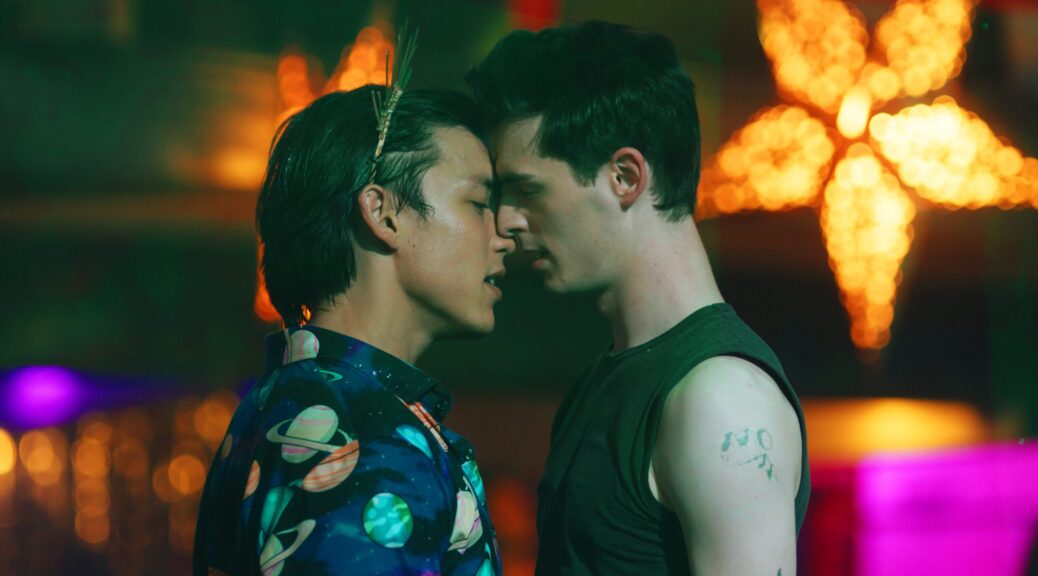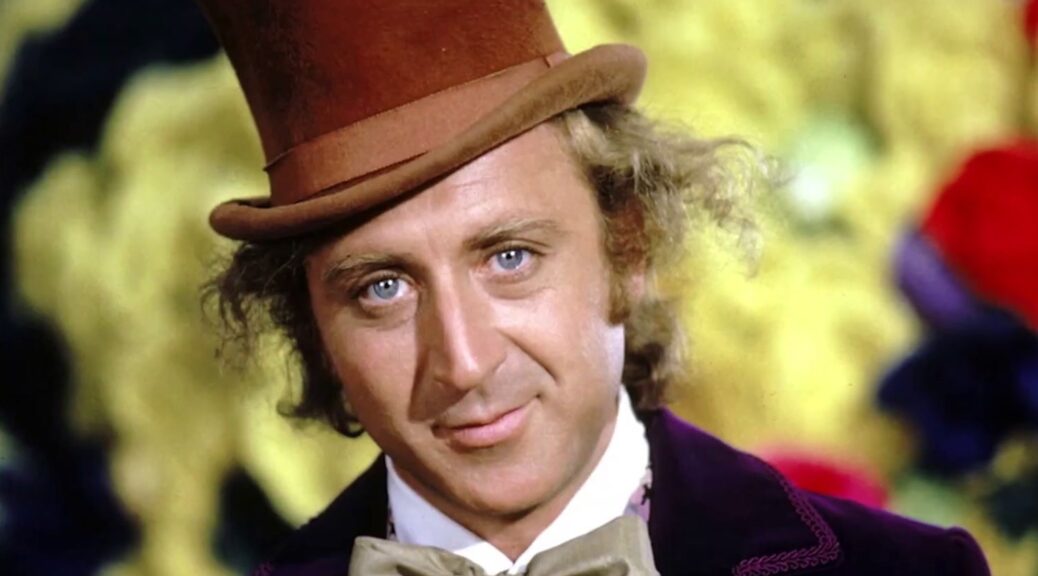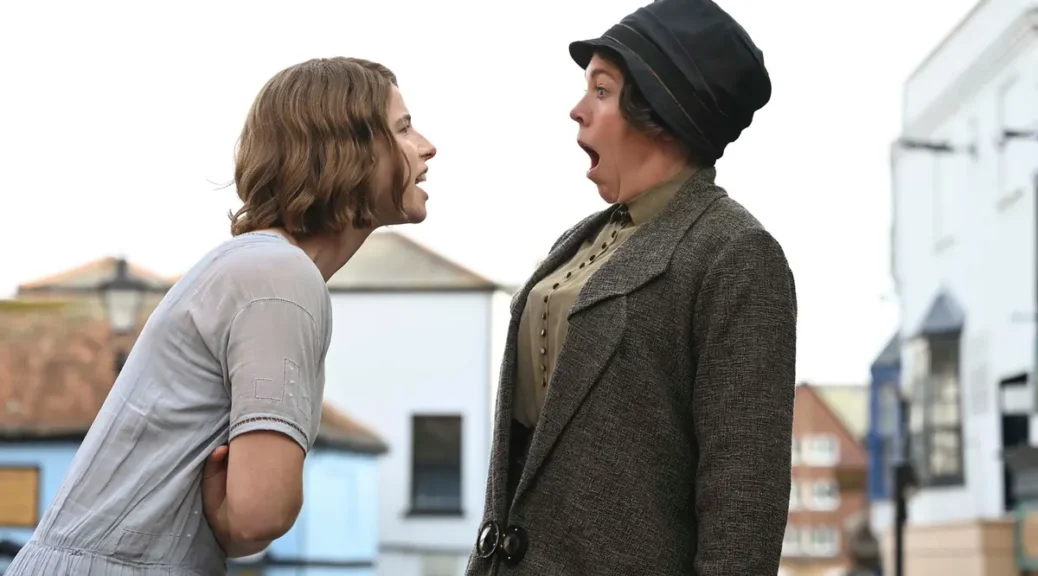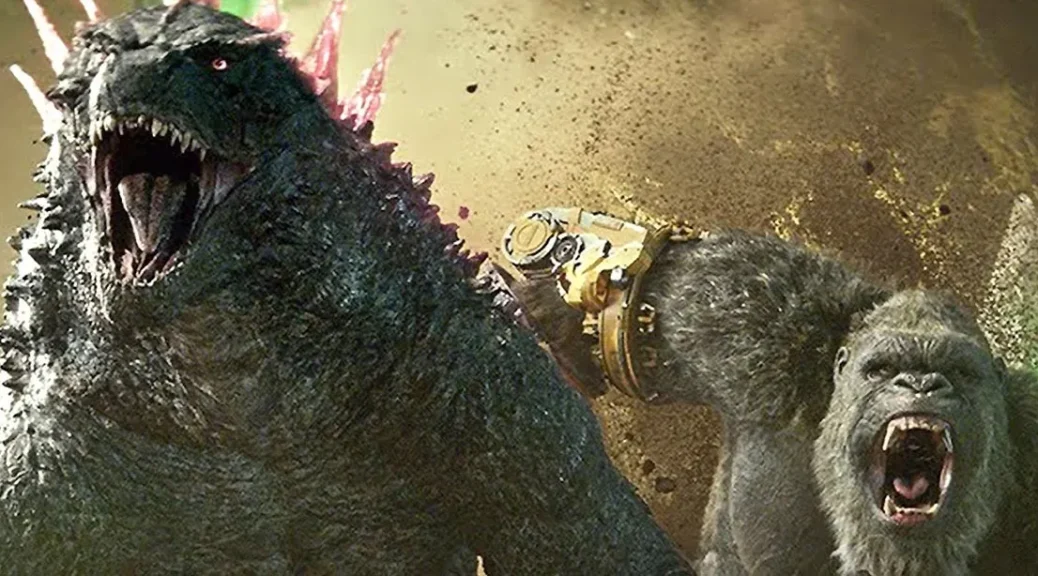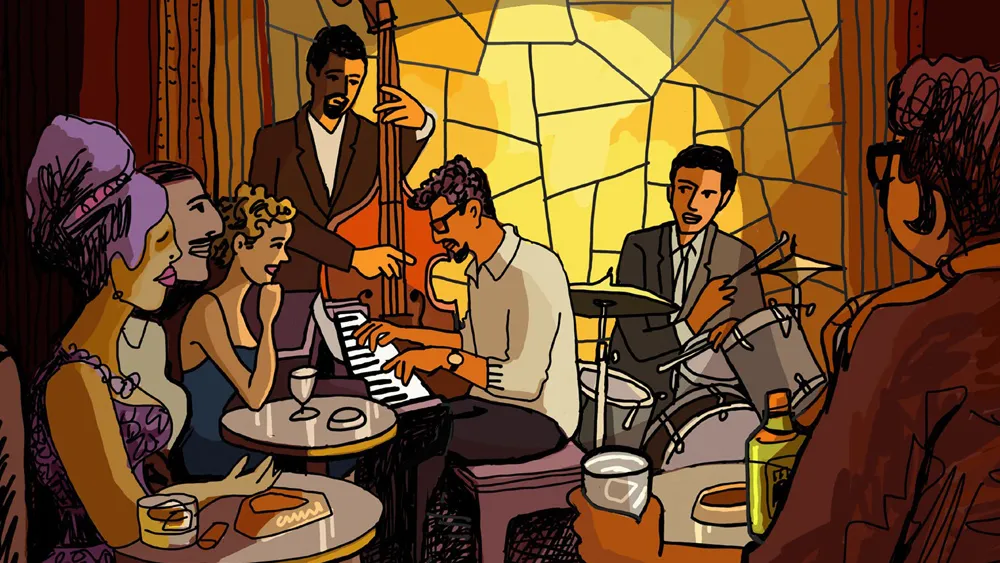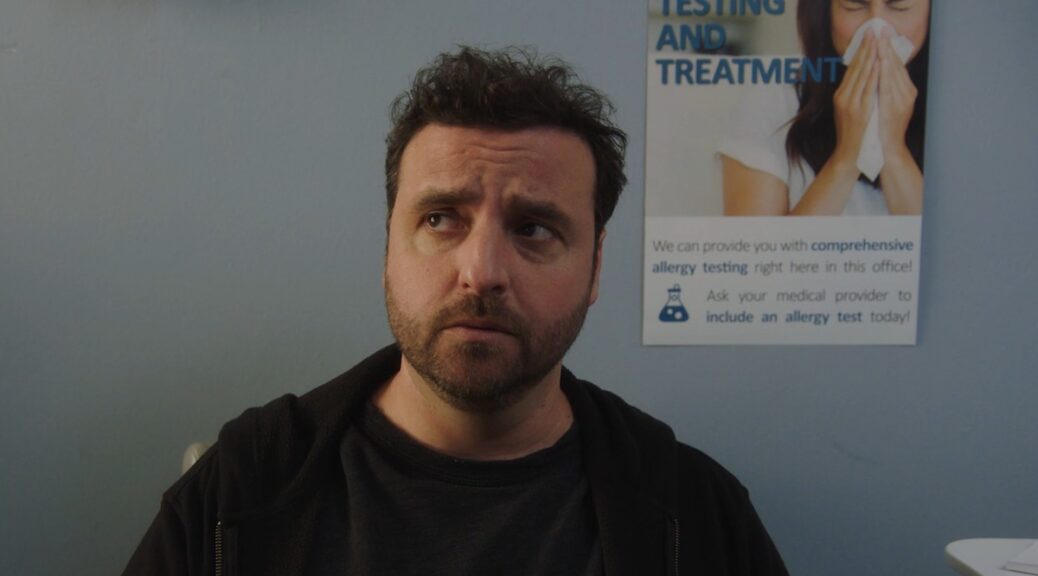Ryuichi Sakamoto: Opus
by George Wolf
There’s that pivotal scene in Walk the Line, where a young Johnny Cash is failing his audition with Sun Records. Owner Sam Phillips is growing impatient, and finally tells Cash to play one song as if he were dying and wanted to tell God what he felt about his time on Earth.
For 103 glorious minutes in Opus, a dying Ryuichi Sakamoto delivers just such an elegy, a soul-stirring set of piano compositions that often seem to be speaking directly to the heavens.
Sakamoto, the Japanese composer and actor who earned Grammys, BAFTAs, Golden Globes, an Oscar and multiple other awards in his legendary career, was nearing the end of his long battle with cancer when he agreed to one final performance.
Director Neo Sora – Sakamoto’s son – presents his father’s farewell with minimalistic virtuosity. There is only Sakamoto, his piano, and his wonderful talent, as a cascade of musical beauty fills in all the colors needed against Sora’s rich black-and-white pallet.
Sora’s camera is often static, as if to respect and savor the moment. But when it does move it is with grace and purpose, to slowly focus on the master’s hands, his fulfilled facial expressions or the repeated bows of his head.
Sakamoto chooses original works from across his career, performing each with a depth of feeling that is transfixing and touching, reaching an almost ethereal level of expression. It is an experience that can be deeply moving for an audience, but it’s also one that requires a theater setting and uninterrupted silence to completely let it in.
Give Ryuichi Sakamoto: Opus your time and complete attention, and you will be rewarded. This is a man talking to God through his piano.
Just let your soul be enriched


